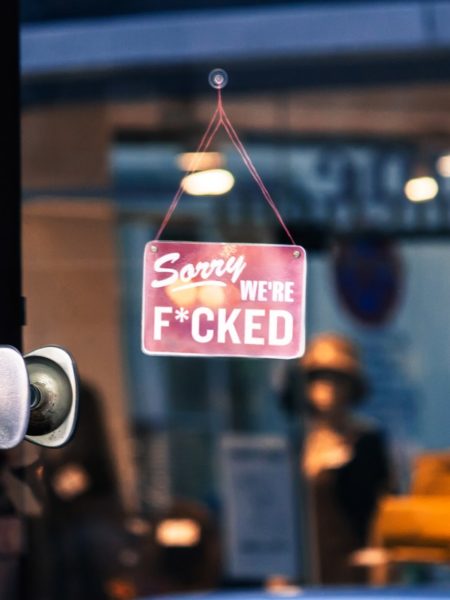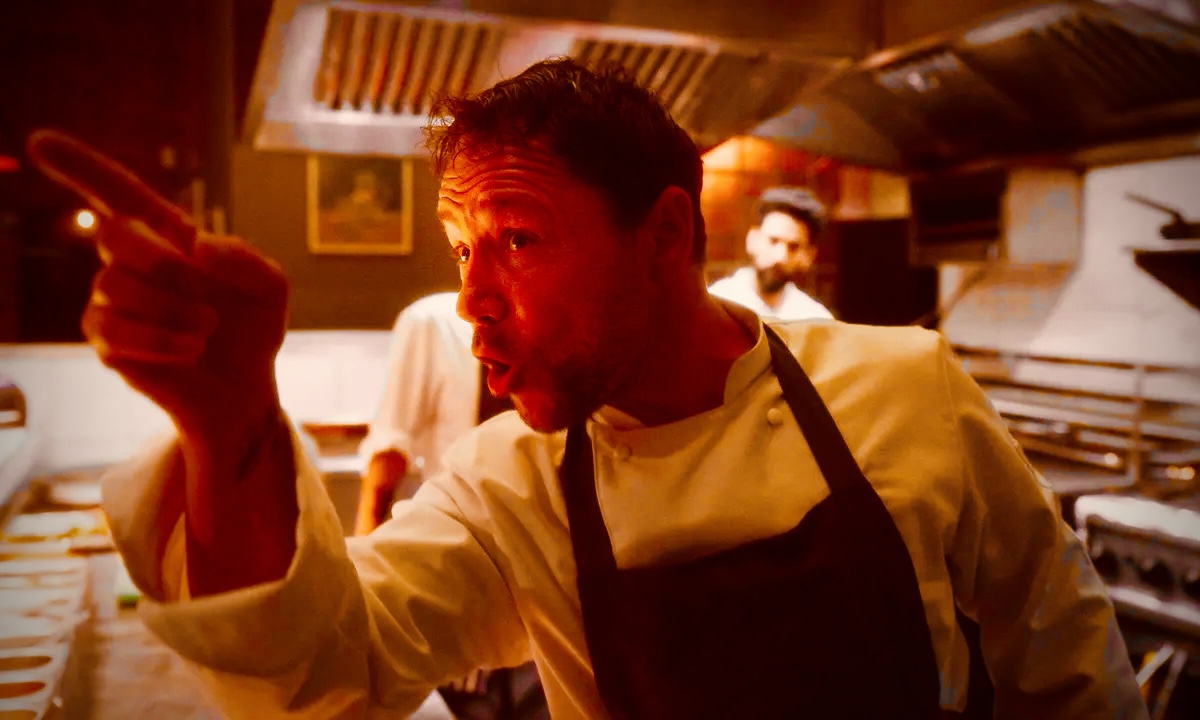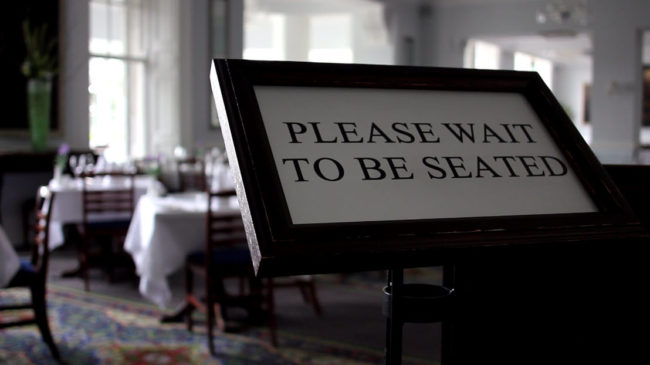2018 was a momentous year in the restaurant world. It will go down in history as a precipice—when the world finally learned how fucked up we are. The shameful skeletons amassed in our closets had outgrown our ability to hide them and finally burst into the public eye. The restaurant industry has been dysfunctional for as long as chefs have worn hats—so the revelations come as little surprise to those of us employed by it, who have become accustomed to the misogyny, abuse and bullying. We may never go back to the way things were, but it feels premature to declare the era of “Men Behaving Badly” in restaurants over. Anyone who thinks that is ignoring how poorly—prior to these public scandals—we’ve policed ourselves. How do you think we got here in the first place?
If not for the persistence of journalists exposing what the restaurant business couldn’t expose itself, these abuses would have continued unfettered. Now that we’re under a microscope, the industry is more attuned to these problems, but real reform requires real accountability not just excommunication of the worst offenders. In hospitality, we’ve always been conditioned that looking the other way makes everyone less suspicious. How can we expect victims to speak up about inappropriate behavior if the only people who can effect real change are the perpetrators? Sadly, it’s easy to imagine a world where restaurants slide back into their bad habits.
Cultural issues in the workplace typically start from the top and get passed down the chain of command. Restaurants owned by aggressive people tend to rely on aggression and fear-mongering as tools to increase productivity. Since they can’t be omnipresent, some restaurateurs train management to be aggressive by proxy. No matter how competent a restaurant’s HR Department is, it rarely has the authority to discipline the owners when the owners are the problem. This is why malpractice among CEO’s is tolerated more than offenses by middle management (See: Weinstein, Moonves, Kalanick). Subordinates who are victims don’t challenge executives because they worry their complaints will be construed as treasonous.
Aggression is used in restaurants to test loyalty. The competition in elite establishments is cutthroat, which creates a cult-like atmosphere that coerces employees into accepting mistreatment. Management often subjects new hires to unofficial “hazing” to weed out prospects with weak constitutions. There are still many chefs and managers who believe that fear is the most effective tactic for ensuring the proper level of motivation and complicity.

Adrenaline fuels our business. Though it can be relentless, chefs thrive on the frenetic pace and the rush they get from powering through a busy night. But often, the endorphins of a chaotic service cause tempers to flare and egos to clash. Harassment and aggression in the restaurant world may be more violent than in corporate environments because we aren’t confined to offices and cubicles. We have a tendency to behave like uncaged animals, abusing each other to survive. Tomorrow, all may be forgotten but the psychic baggage we carry around with us is burdensome and usually bubbles to the surface in deviant ways.
Misconduct by owners and upper management happens everyday in the restaurant business and most subordinates know that there is very little they can do to stop it. Complaints aren’t taken seriously and individuals aren’t willing to jeopardize their standing within the organization to call attention to the guilty parties. The dynamic is remarkably similar to abuses that have transpired among priests within the Catholic Church. Victim’s voices can’t be heard if the organization is only concerned with its own sanctity.
The most public restaurant harassment scandals—Batali, Friedman, Besh, Hallowell—have one very obvious element in common (aside from their all having been perpetrated by men): They were all the owners. It’s unfathomable to think that aggressive male owners will properly design safety mechanisms to protect employees from aggression when many of these male owners consider their aggressive tendencies to be the key to their success. Being a tyrant requires a lack of concern for the feelings of the people in your kingdom. Dictators ignore societal mores because they believe they know what’s best for their constituency. Restaurant owners who exhibit tyrannical tendencies rarely face criticism from their lieutenants, who must choose loyalty over ethics if they want to keep their jobs.
In the meantime, while we wait for the next chef-shaming exposé, we move forward without having drawn a road map for accountability. It’s hard to imagine—since moral compasses have long since betrayed us—that without a map we wont end up driving off the same cliff again.



